Lions have long held a place of reverence and admiration across various cultures worldwide. Their status as the “King of the Jungle” is deeply rooted in both historical narratives and the natural characteristics they exhibit. To understand why lions became synonymous with royalty, dominance, and power, we must journey through history and explore the role of lions in ancient civilizations and their enduring symbolism.
Physical Attributes: The Royal Appearance
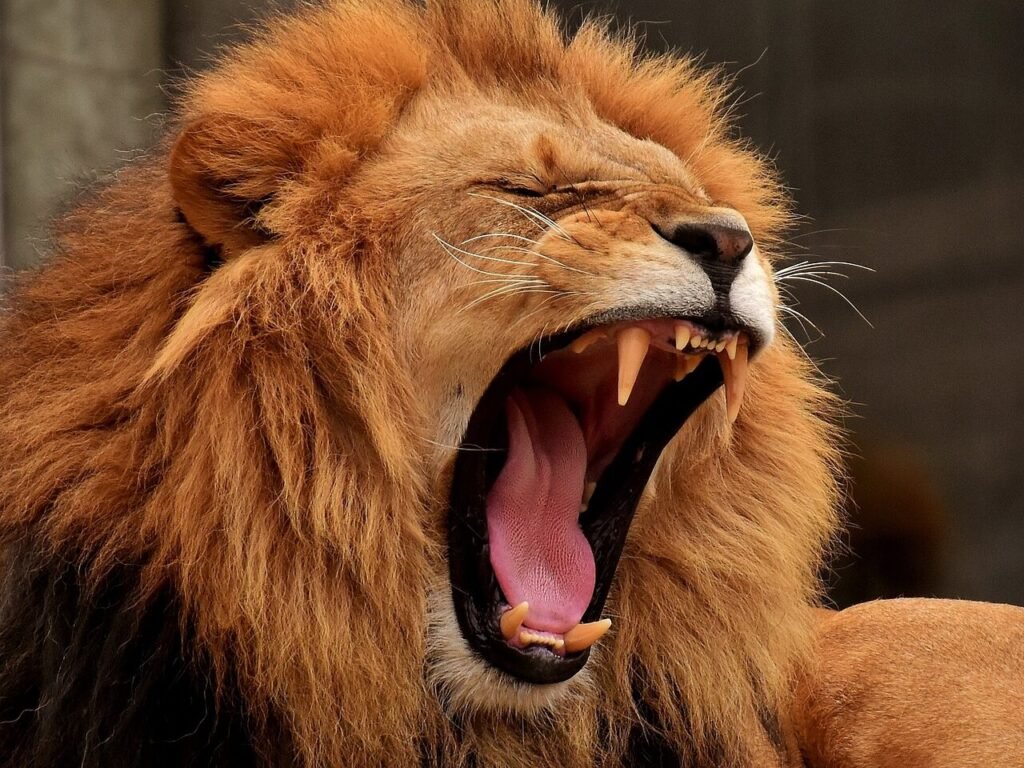
One of the primary reasons lions are considered kings is their physical appearance. The lion’s mane gives it a regal aspect, reminiscent of a crown that sets them apart from other big cats. This distinguishing feature, combined with their large, muscular build, gives lions a commanding presence in the animal kingdom, akin to the perceived authority of a monarch.
Lions in Mythology and Religion
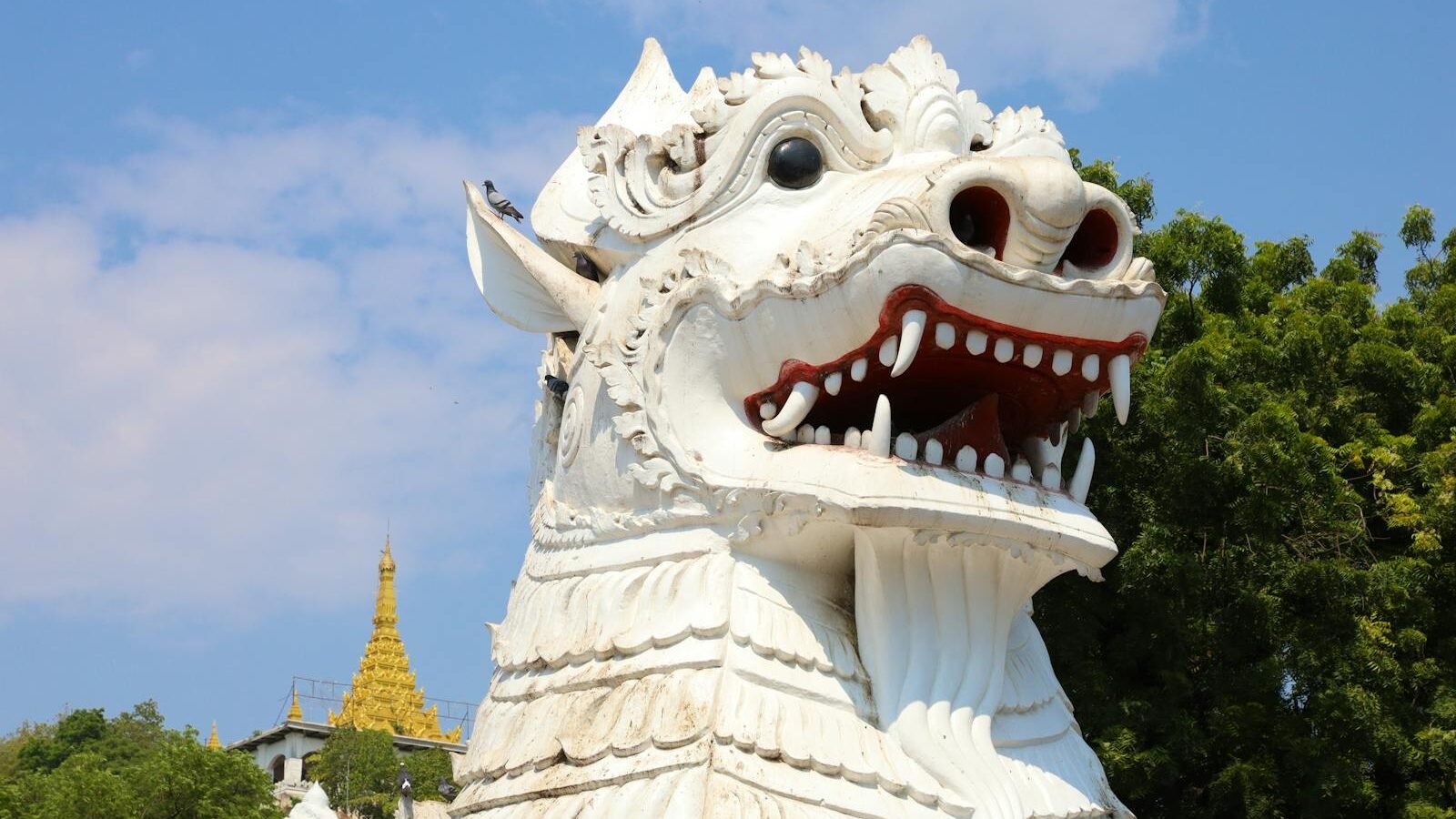
Lions have been central figures in mythology and religious texts throughout history. In Ancient Egypt, the lion-headed goddess Sekhmet was a symbol of power and war. Similarly, in Greek mythology, the Nemean lion was a creature of immense strength and invulnerability that even Hercules found challenging to defeat. These mythological aspects uplift the lion’s status as supreme beings among animals.
Symbol of Courage
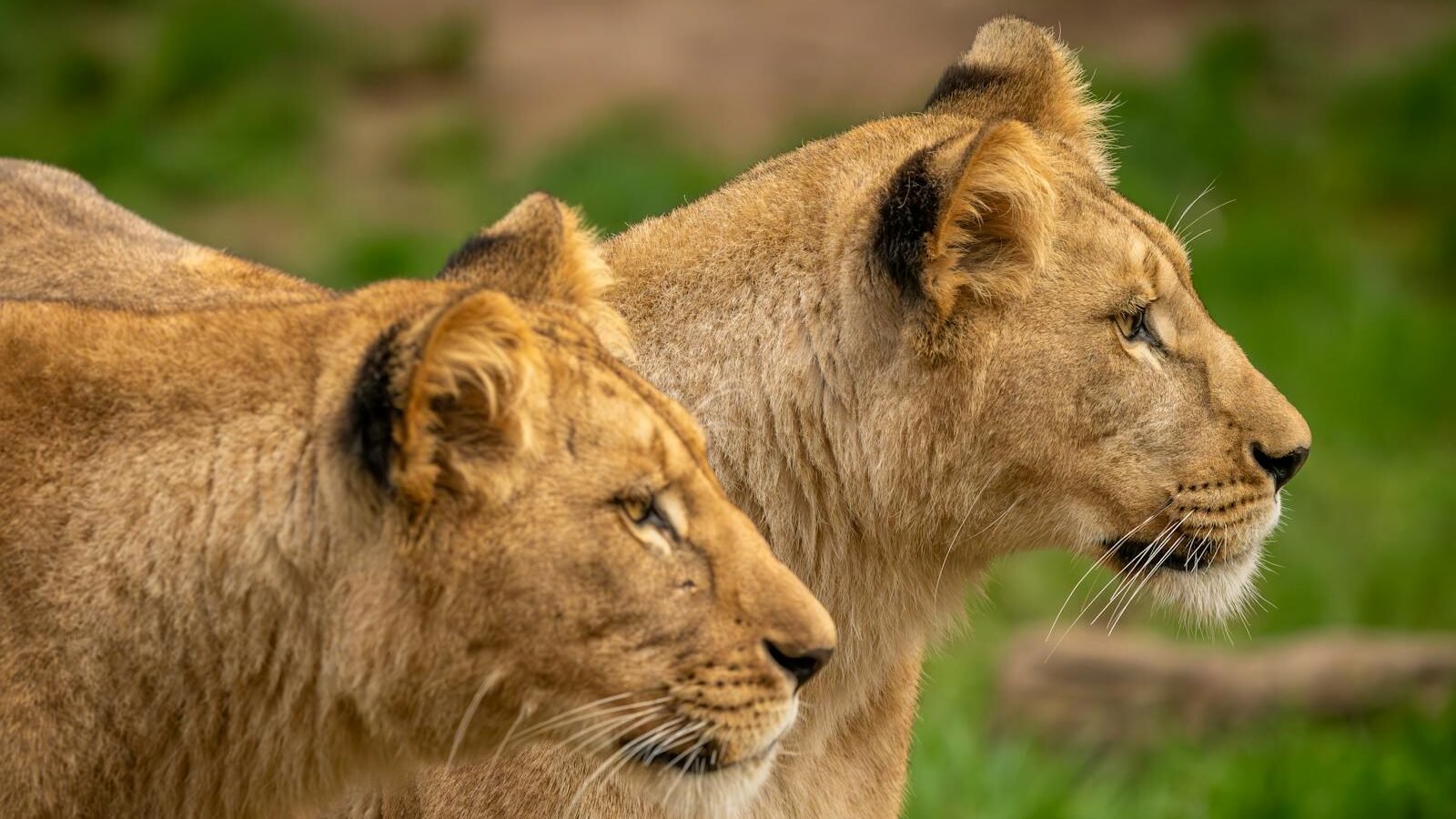
Lions are an enduring symbol of courage and bravery, often depicted in heroic tales and literature. Their fearless nature and majestic demeanor have made them a universal emblem of bravery that transcends cultures. This image likely contributed to the perception of lions as noble creatures worthy of their regal title.
Heraldry and Royal Associations
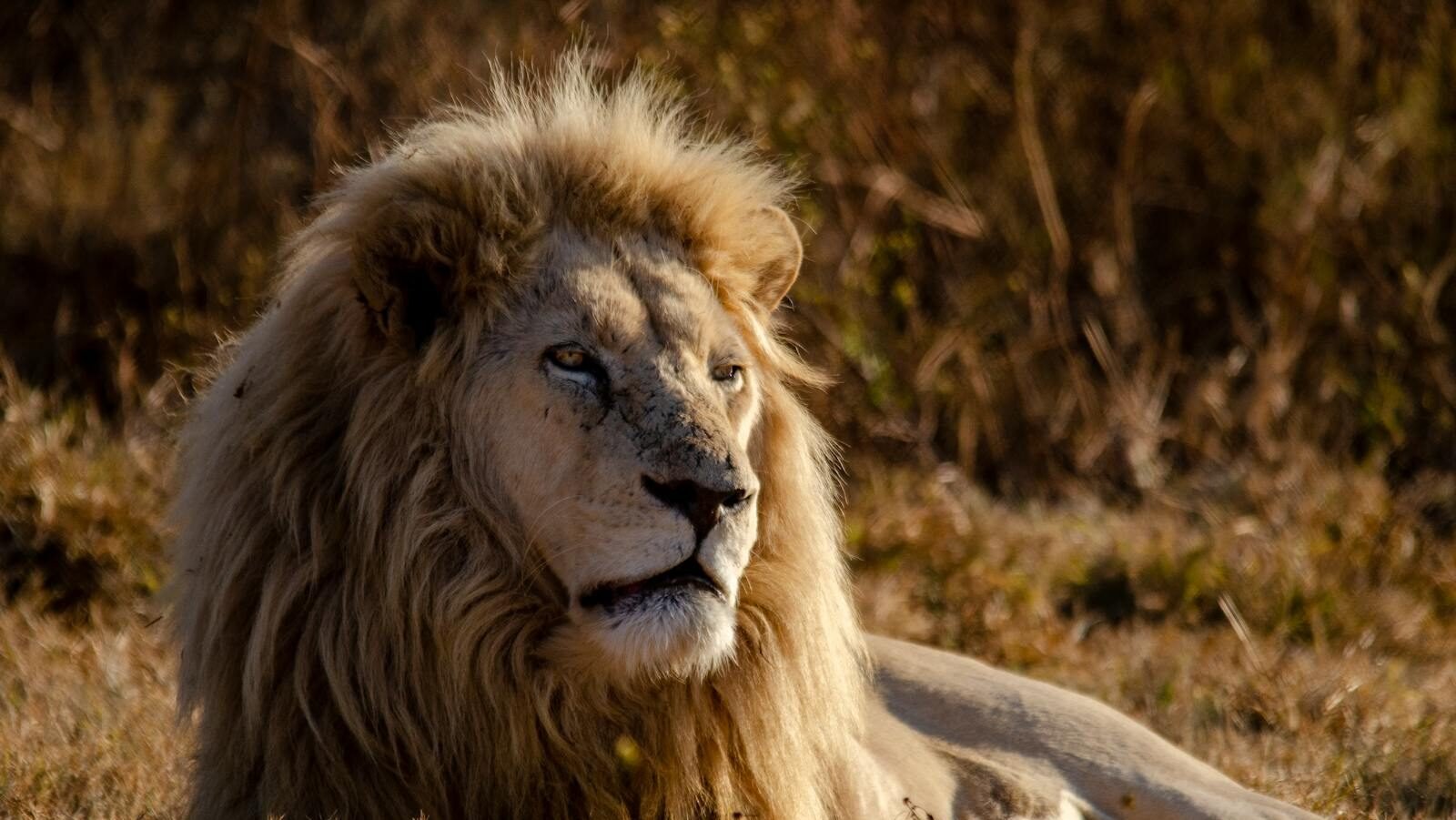
The use of lions in heraldry has been prevalent across Europe for centuries, reinforcing their association with royalty and nobility. The Lion Rampant, for instance, is a well-known heraldic symbol that appears on coats of arms, flags, and other insignias. These symbols highlight sovereignty and power, further entrenching the lion’s role as the king within human society.
Lions in Literature and Popular Culture
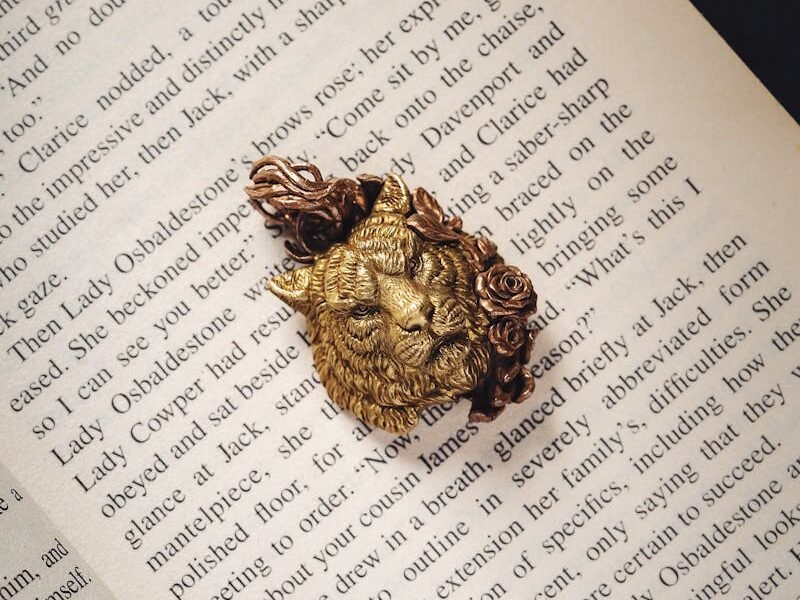
Lions have been immortalized in literature and film, which elevated their status in popular culture. From the regal Aslan in C.S. Lewis’s “The Chronicles of Narnia” to Mufasa in Disney’s “The Lion King,” lions are consistently depicted as wise, just, and powerful leaders. Such portrayals highlight the lion’s inherent qualities as kingly, shaping our cultural perception of these magnificent felines.
Social Structure of Lion Prides
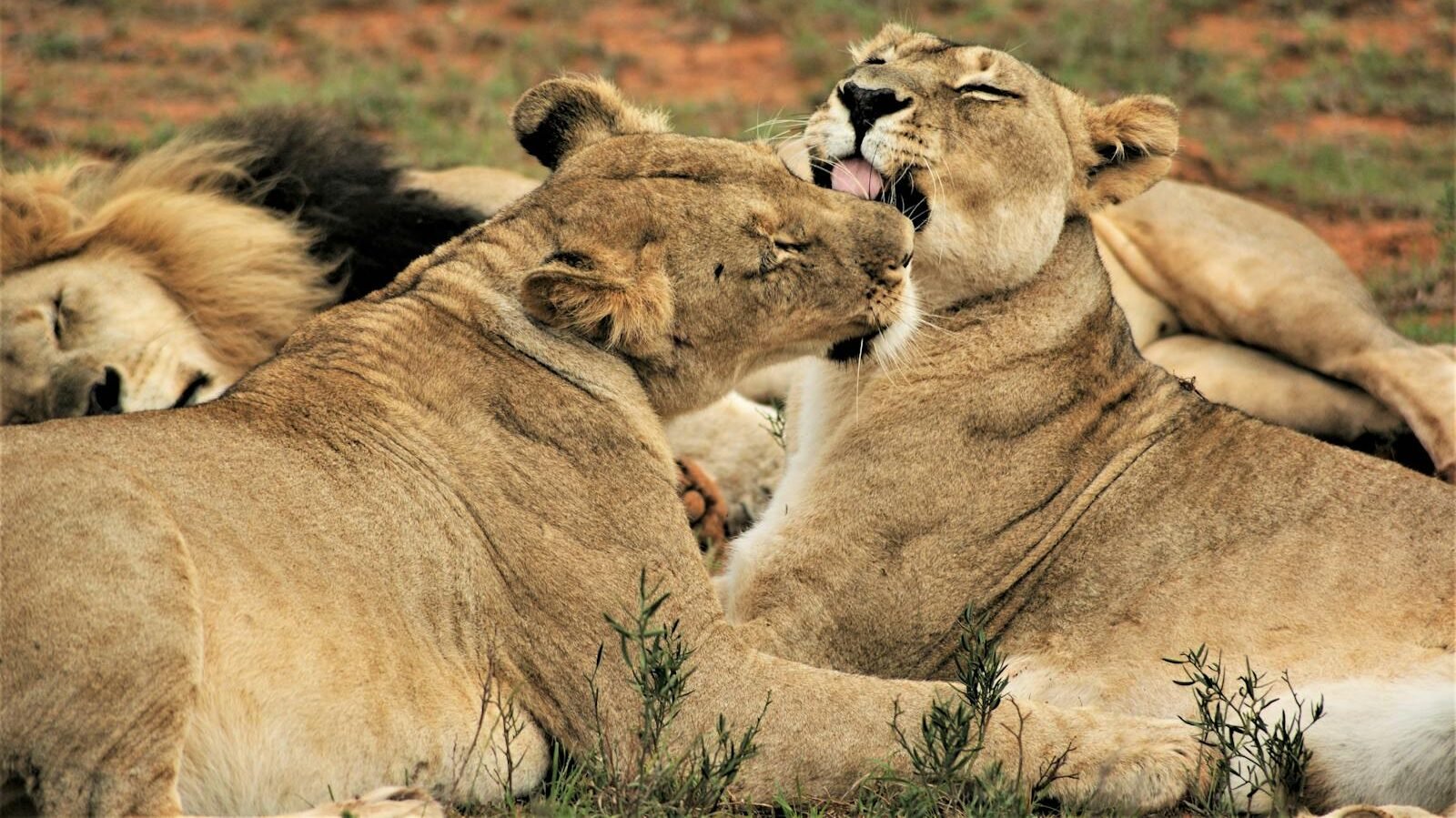
The social dynamics of lion prides also contribute to their regal image. Unlike solitary big cats, lions form social groups known as prides, with a complex hierarchy that mirrors human monarchies. The alpha male, or coalition of males, leads the pride, much like a king ruling over a domain, further symbolizing their societal role as leaders.
Conservation Efforts and Human Fascination
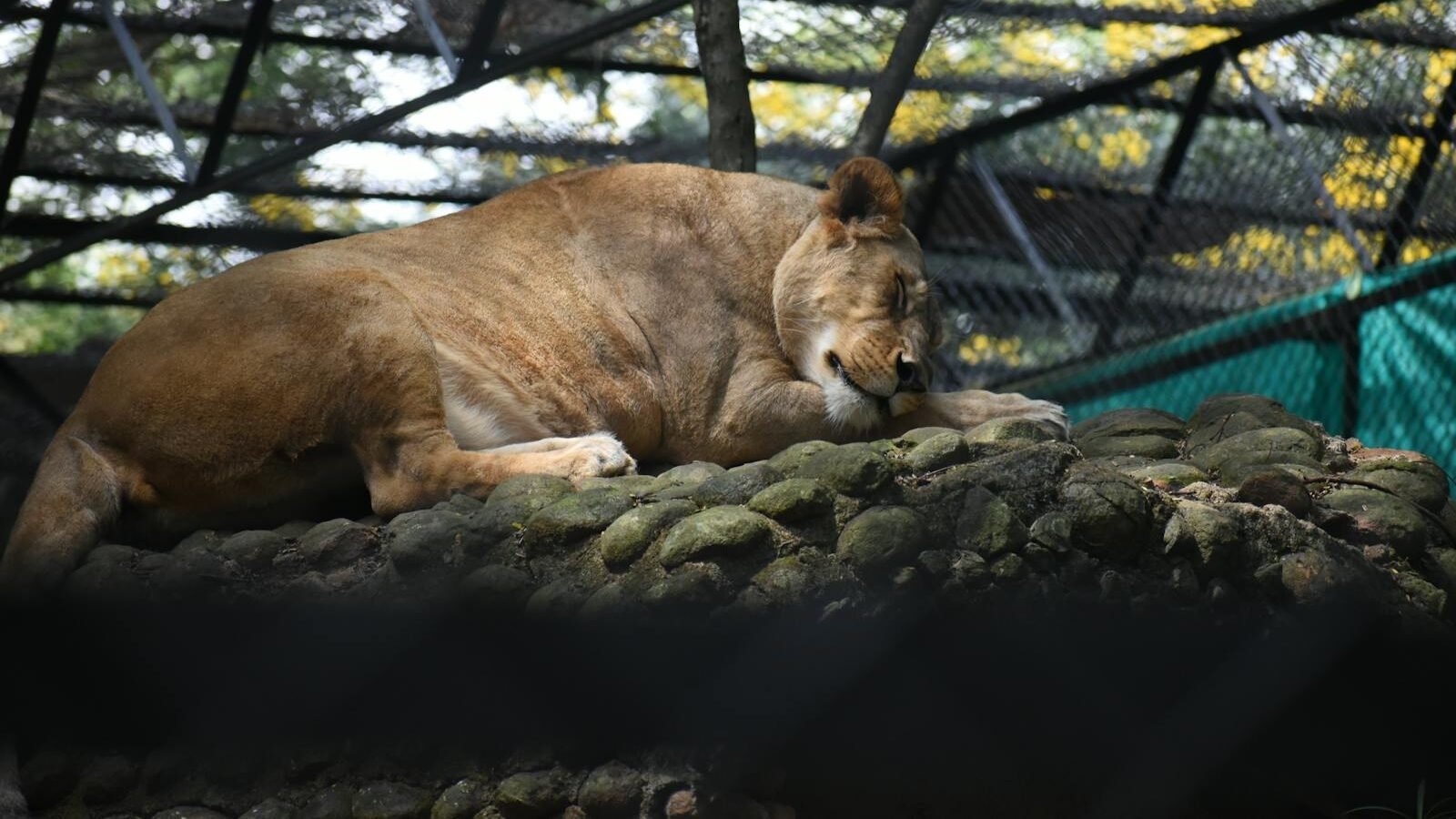
Conservation efforts have highlighted the importance of lions in biodiversity, emphasizing their role as apex predators in their ecosystems. This significance, coupled with human fascination for these creatures, underscores their emblematic status in both nature and culture. Protecting lions and maintaining their habitats become a testament to our respect for these ‘kings.’
Role in Ecosystem: The Apex Predator
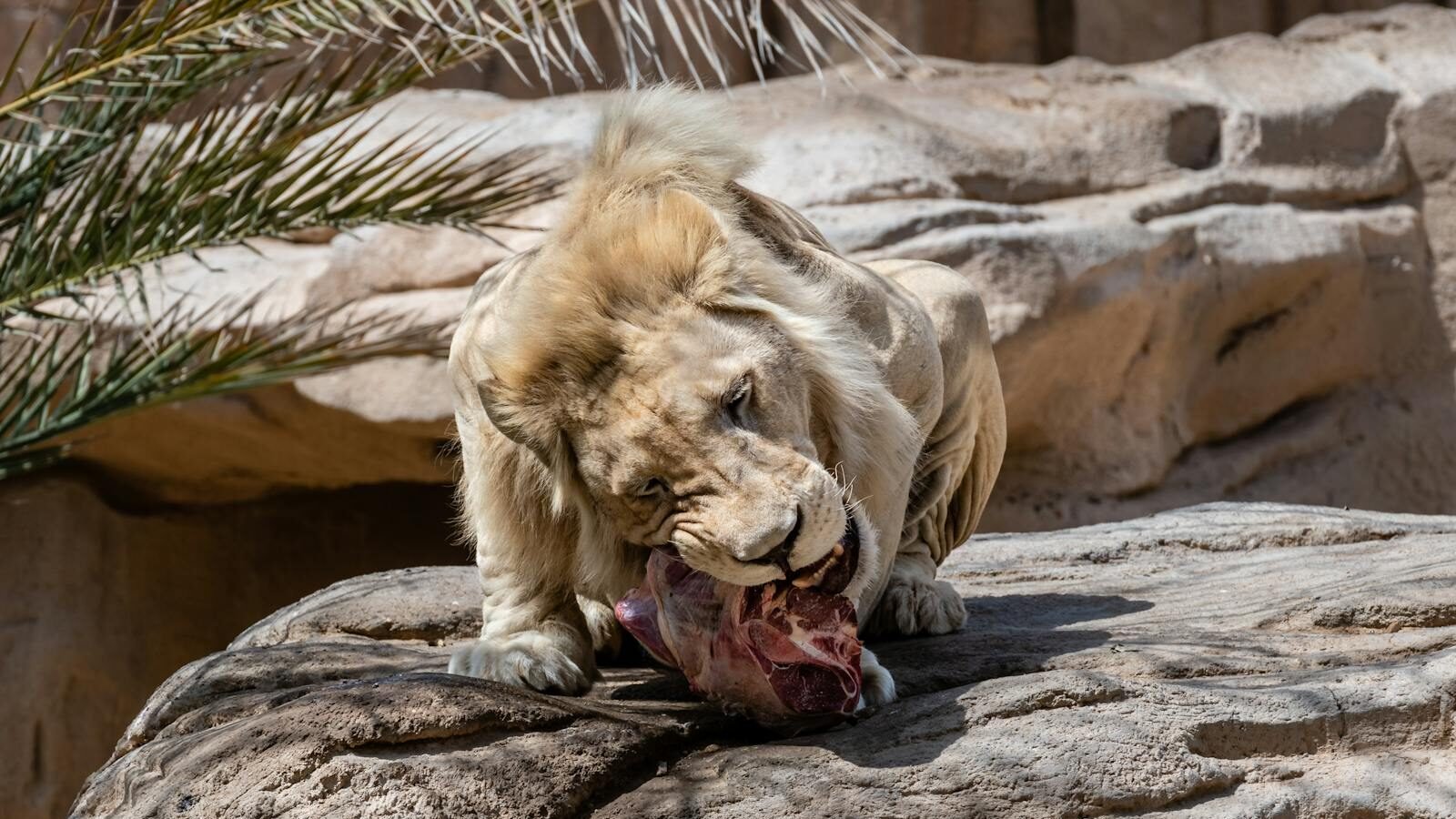
Lions are apex predators, and their presence is crucial for maintaining balance within their ecosystems. By controlling prey populations, they ensure the health and sustainability of their habitats. This ecological importance adds another layer to their monarchical metaphor, as they steward the well-being of their environment, much like a king would govern a kingdom.
The Influence of Media and Global Perspective
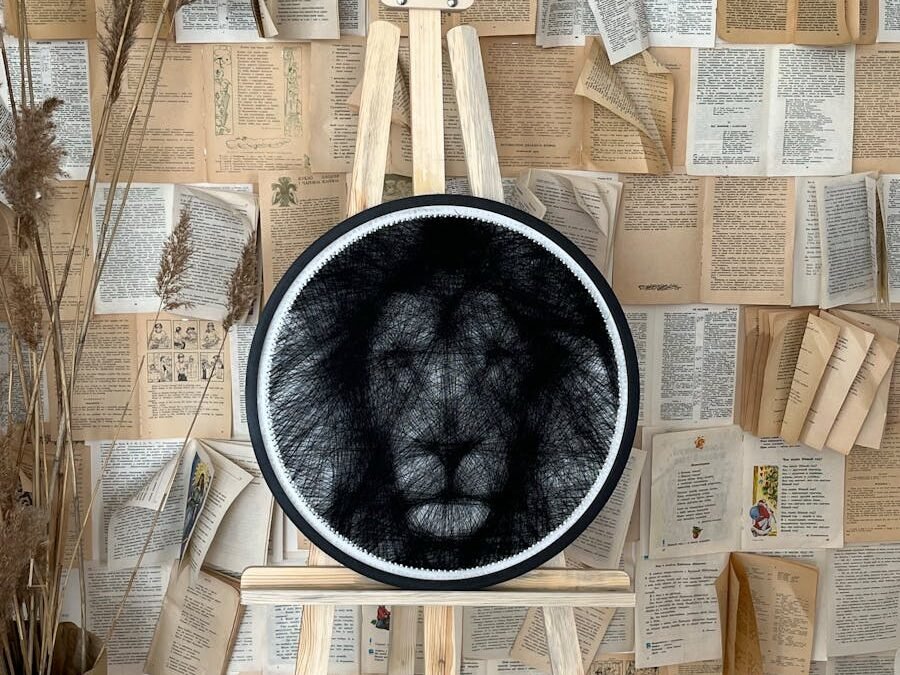
The proliferation of media content featuring lions has also solidified their status as kings. Documentaries, films, and books continue to present lions as majestic leaders of the wild, shaping a global perspective that transcends cultural and geographical boundaries. These portrayals reinforce the image of lions as the ultimate rulers of nature.
The Future of Lions as Cultural Icons

As we move forward, the lion’s image as a symbol of power, courage, and leadership will likely endure. Continuous efforts in education, conservation, and media will ensure that lions retain their iconic status in popular culture. By understanding and celebrating their roles, we contribute to a legacy that honors lions as the true “Kings of the Jungle.”

With over a decade of experience as a dedicated cat lover and enthusiast, I specialize in writing captivating content about all things feline. My expertise shines through in creating engaging and informative pieces that resonate with fellow cat lovers. As a proud cat parent to my beloved Duston, my personal connection to the world of cats adds authenticity and warmth to my work, making it relatable and heartfelt.






